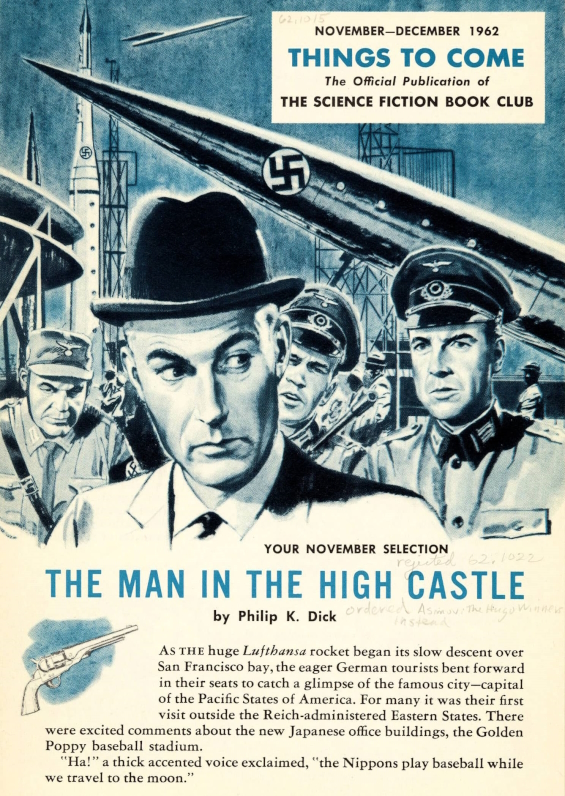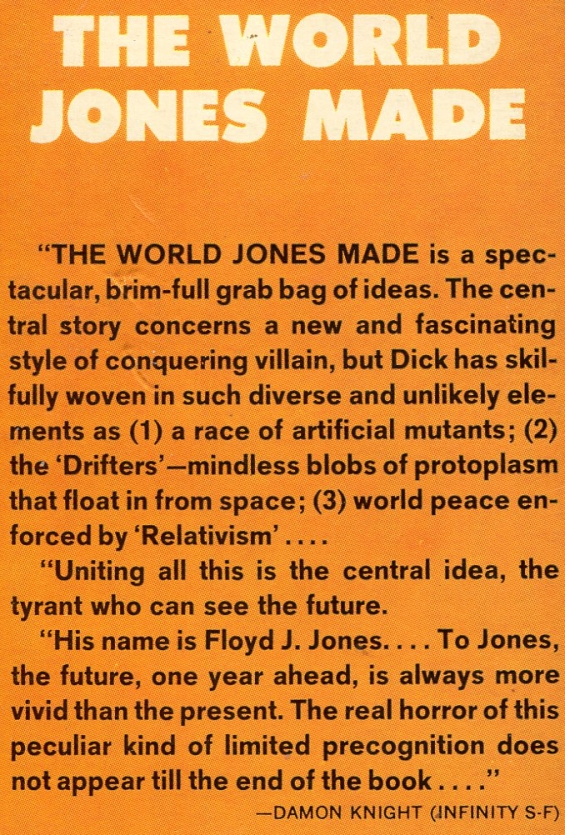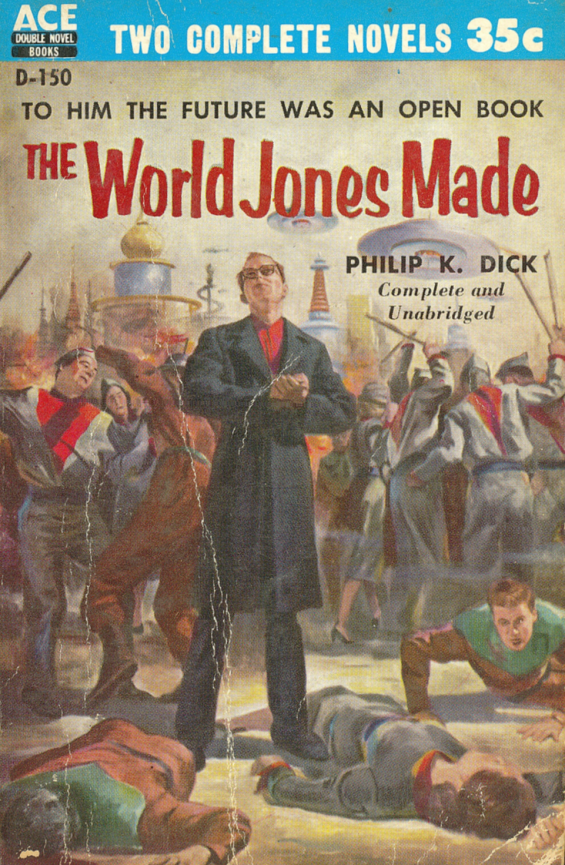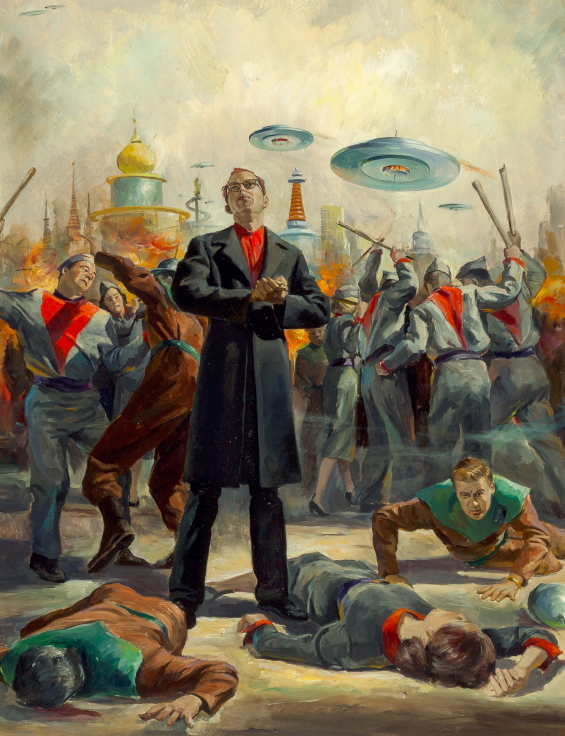The SFFaudio Podcast #831 – The Aeneid by Virgil [Books V – VIII] read by George Allen (for LibriVox) and translated by John Dryden. This is the first third of the epic poem, books V to VIII (comprised of XII Books) running 4 hours 18 minutes, followed by a discussion of them. Participants in the discussion include Jesse and Scott Danielson
Talked about on today’s show:
books 5-8, three, the entire Aeneid, zip up all the things into one show, one long show?, the first half and the second half, how did we devide these?, at the end of book six the whole things changes, The Odyssey, having trouble getting into this, washing over, what happened?, find things, Great Courses series, Elizabeth Vandiver, 1-6 seems to be the interesting bit, 7-12 was the interesting bit, gung-ho Rome, an Avengers movie, power armour, couple of decades ago, the very ending, finding out about that, verym memorable, a good chunk, one of the books of this book, the shield of Aeneas, exemplifies what’s weird about this book, The Iliad is weird compared with The Odyssey, operating on its own, a cast of characters, a bunch of heroes, Achilles, Patrochlus, the other team, the gods, trying to get the stories about being men, the older dudes are there, know who they are, the story of individual heroes from individual towns, two Ajaxes, an everyman’s story, an individual’s story, every dude has a superpower, a massive seperation, Aeneas is not much of a man as a human being, he is piety personified, dutiful to the gods and destiny, a product of a bunch of things, checkboxes, running a race, certain checkpoints, these all things happened in Roman history, telling a story people already know, all the future visions that we see are contemporary, a propaganda piece, more like a bible, moral stories, how Greeks behave, Romans are already behaving, we are seeing some contemporary for Augustus, some ancient stuff, also shorter, both are in one, if we go into any individual passage and break it down a bit, the Dryden translation, the Fagles translation, end of book 8, page breaks from the bottom, a greenwood shade for long religion known, about a grove, a forest, such vistas, stands by the streams that wash the Tuscan town a holy horror to the grove, a holy forest, beautiful poetic, almost Lovecraftian, the first inhabitants, to Sylvanus vowed, the guardian of the flocks and fields, annual day, the particular setting, the Romans have a set of gods like the Greeks, a million percent legit, they are pantheists, everything is full of gods, the god of the sewers, if you work for the city as a sewer man, your duty is holy, a car or a badge, a holy priest of this goddess, that is not capitalism, everything is infused with religion, keep things great, intense secure, the allies that they’re getting ready for the coming war with the Latians, now from a rising ground, his wondering eyes around, from left to right, thither, weary horses fed, now it gets fun, where the shield description starts, the fated arms, within a winding vale she finds her son, presented with weapons by his mom, but the goddess Venus, off in a glade’s recess by a frigid stream, fighting swaggering Latin ranks, savage Turnus to a duel, a little more touching, she shews her heavenly form without disguise, desiring eyes, same information, in the form of someone else, in The Odyssey, as Mentor, Telemachus, who could it have been but the goddess Athena, this is literally her son, the god who made the armor is not his father (but her husband), he wants to see his mom, behold she says, having her first son embrace, his greedy sight, being made personal, he can’t hug her, she embraces him, radiant arms, she sets the weapons and armour, with that Venus reached to embrace her son, exactly the same information, his greedy sight, like Christmas, takes delight in the goddess’ gifts, what we really have to do is slow it down and think about what’s exactly happening, the crested helm that vomits radiant fires, the terrible crested helmet, solid bronze, like a dark blue cloud, given the perfect gift, good quality, his hands the fatal sword and corslet hold, manly thigh, mysterious mould, roman triumphs, burnished grieves of electrum, no words can tell its power…, the incredible description on what’s going on on the shield, the wars, Julian line, there is the story of Italy, seers and schooled in times to come, all the wars they waged, stock, Julius Caesar and his progeny, right up to the contemporary, this is poetry and not story, poetic devices built into the imagery, how exciting this would be to the Romans, walking around looking at sights familiar to them, an ancient world that’s already ancient, not a new land, an old land full of people already, should be a new land, prime of the world, the caves of Mars, the marshal twins, Romulus and Remus, the green grotto, dugs, lithe neck, licked her wolf pack into shape, intrepid of the swelling, licked at their tender limbs, she’s shaping them into men, pretty great, happening upstairs right now, they look like dogs, they might shape up, the foster dam, sucked secure, new Rome appears, the rape of the Sabine dames, accelerated quickly, a war succeeds, unexampled deeds, pray defend, this is the description of the land on the shield, an image being described, not far from there, he forged this shield, very good, the way to appreciate it, what happens in book, the part where Venus gives him the armour, Book 5 is all about Olympian style games, a funeral, funeral games, get gladiators, a ritual, go yell, form those pups, we see that hear in a moment, sorry, through this whole shield, brutally dragged, circus games were played, an anticipation of what’s about to happen, a projection into the future of this book, a war succeeds, breach of public faith, arms they pray defend, the Romans don’t exist yet, plight the peace, each other’s charger, they’re friends, early in this book, a fatted sow, imprecations on the purgered head, firey steeds, vulture’s fud, battling old king, same chiefs, stood in full armour, lifting cups, a charger here is not a horse, a cup, two four horse chariots, man of Alba you shouldn’t have kept your words, from brakes of thorns, punishment, viscera here and there, ready for that good Roman soil, restore the banished kings, the Roman you asserts their native rights, mounted a massive siege to choke the city, in freedom’s name, Roman history, to win by famine or fraud surprising, the flud, his likeness meancing, burst her chains, scap’d from their chain, for their guide, heroic Manleus, gud, held the capital’s heights, then Rome was poor, straw, gold, on the left before, on the right after, the silver goose before the shining gate, by her cackles saved the state, Paul Revere, not a major character in the American revolution, the new thatch bristled thick, the gold arcade, Gauls attack the gates, Gauls! Gauls!, ascend and seize the walls, Romans pretended like they never started wars, modern empires use today, Gulf of Tonkin, the Maine, we were attacked!, you can probably inflate any sort of incident you want, the gold dissembled well their golden hair, long alpine spears, striped shirts, long shields, a lot of gold, that’s also on the shield itself, gilding, a bas relief on this shield, little cartoons, the gold lied, hardby, nearby, naked throw their shields, targets dropped from heaven, dancing priests of Mars, here modest matrons in their soft litters, odorous gums, and chaste matrons riding in pillowed, far hence removed, the Stygian seats are seen, the furies hissing from the nether ground, the torments of the doomed, cringing before the furies, you?, the narrator stepping in, and Cato’s holy ghost is dispensing laws, a contemporary of Augustus, a reflection back of going to Hell, set apart the virtuous souls, finish this giant shield, new stanza, the dancing dolphins, cut the precious tide, the heaving sea, the blue deep foamed, swam the dolphins, cut the waves in two, amid the main, water, ocean, sea, their brazen beaks, watery plain, Battle of Actium, seething, molten gold, I, Claudius, the Battle of Kursk, D-Day, the Battle of Stalingrad, a definitive battle, whathisname and the lady, in pride of place, the propaganda end of this particular poem, young Caesar, his beamy temples, the Julian star, the senate and people too, high astern he stands, lustrous brows, Agrippa seconds him, his manly brows, forshows, performed in part for Augustus, have Virgil in, Virgil performs this part, we’re not forgetting about you Agrippa, how to win this battle, impelled by favouring winds, proud ensign, Agrippa marries a Julian, barbarian aides, the Bactrians from a far, the Egyptian wife, troops of every stripe, in his retinue, the end of the Earth, Cleopatra, camels, Arabians near, of tounges discordant, his ill-fate follows him, forky prows, the water glows, all launch in as one, cleaving triple beaks, a description of the battle, it seems as if the Cyclades again, afloat on the swells, showering flaming toe, fireballs are thrown, the fields of Neptune take a purple dye, her cruel fate, the snakes behind, clacking her native rattles, her destiny coming, the dog Anubis barks but barks in vein, the clash of the two cultures, the Romans were contemptuous of the Egyptians, so much food, massive pyramids and ancient culture, how they treated Caesarean, monster gods, great Minerva, Athena, Discord, Bellona is the wife of Mars, there in the heart of battle, with grim furies, Strife and Triumph rushing in, bloody lash in hot pursuit, the land of Dis, pours down his arrows, quit the watery fields, and scanning the melee, Apollo bent his bow, see her calling, tinting the winds, let her sheets run free, invokes the gales, heaves her breast for breath, sails, panting and pale with future of death, driven along by winds and waves and scudding through the throng, SCUD missiles from the first Gulf War, just opposite sad, hides the flying host, the Nile immersed in morning, all his rippling robes, all his conquered people, Nilus is the river god of the Nile, the sow with 30 white piglets, everything is alive, I’m gonna kill you, the god throws down fear, the retreat, his thanks expressed, 300 temples in the town he placed, in triple triumph, eternal vows, August is great because he’s dutiful to the gods, diverting us, three shining nights, the streets with praise, the theaters with plays, drenched in his gore, upon his throne, hangs the monumental crowns on high, the roads resounded, strewn with slaughtered steers, mounts them high on the lofty temple doors, the vanquished, and in tongue, the ungirt Numedian race, they got no pants, the tamed Euphrates, the Rhine, the Danes unconquered, a map, as motley, the nomad race, archers bearing quivers, bridling at his bridge, divinely wrought, unknown the names, he admires the race, a detail, out of the sky, oh, mom they’re the best, I don’t know who these guys are, more into it, we’re so distanced from it, the poetry, the rhyme, when the rhyme don’t work, blood and good, forced rhymes make you engage with the material more, point to two, the visit to the underworld, the games, part of their tradition, when the Romans want to turn the people to their side, hold a games, it has to be tied to something, an anniversary, a Roman religious festival, funerals and funeral memorials, we’re having a games, you pay for the games, before they were Romans, wrong by the Greeks with no honour, everything is calm now, the civil wars are over, I’m just like Aeneas, people who lose, over in Sicily, one guy slips in blood, everybody gets prizes, nobody on team Trojan, he brings everybody along, political propaganda, I can help every American, no child left behind, such a good boy, respectful of his troops and the gods, our Republic was at war, the most striking thing in the underworld, how Christian it was, not Heaven, nicer parts of the underworld, a little bit of an explanation, resembles the Catholic viewpoint of Purgatory, getting out of Purgatory, punishment for people who are bad, you did bad stuff in life, this is different from the Greek underworld, you don’t really want to be there, everybody goes there, from Book 6, line 850, taints, plagues, so long energized in the flesh, drilled in punishments, later Dante-esque, they must pay, Elysium’s broad expanse, headed to Heaven, striking, doesn’t fit, August isn’t Christian, compatible, Milton and the great Larry Niven, conversation with Julie, A Houseboat On The Styx by John Kendrick Bangs, enlightened pagans, prepping the way for Jesus, up or out vs. down or under, burying people, doing right by people’s bodies, isn’t buried, in real life, outsourcing these things, you don’t wash your own father’s body, you hire a service for that, disconnecting from the reality, dig up the corpse, this was my grandfather, say that to your son, uh huh, a part of him, Romans are deeply connected to the people they kill, duty for your country, my gods tell me we are destined for this land, remembering the end, the anticipation for that end, a genocide, they’re going to kill all these people, future allies, fate is such that, I made the land peacable, we were a house divided, Abraham Lincoln, started a war, unofficially punished, who’s monument is the biggest, the Lincoln memorial, not a figure of Washington, imposing, a giant statue of Lincoln sitting in a chair, a throne, U.S. Capitol, strip of land, quite symbolic, really something, become politicians, done the tour, has no impact, this stuff can wash over you, that lady was the mom of that dude, about this whole thing, multiple purposes, checkpoints it has to go through, this is not a fiction story, alternate history, filling in the gaps, Rommel is one of the characters, you can’t kill Patton, city state propaganda, a lot more like this whole book, more distancing, an individual on his way home, struggling with another people, an amalgam of those two, a duty to perform in the present, as Beowulf does, a Dane or a Jute, connected with that, a Celt and an Irish and a viking and a Swedish, viking is a verb, relationship with the gods, with Dido, got to run because of fate, sees her in the underworld, she’s with her husband, I’m sorry, not having the dead speak, he talks to his dad, pretty amazing, a paper copy, near the beginning, a huge throng of the dead, the Golden Bough, a huge hit in the early 20th century, assume it is connected to this, The Twelve Dancing Princesses by Bros. Grimm, wearing out their shoes, I will allow any man who can solve this mystery to marry one of my daughters, the punishment is death, fuck around find out if you don’t find out, a young soldier and a witch gives him advice, the witch says to him, don’t drink what they offer you, they will drug whoever is locked up with them, underneath their beds is a secret doorway into an underworld, a cloak of invisibility, steps on one the girl’s heel’s once, three trees, silver, gold and diamond, breaks off a branch from each, twelve boats in the lake, scooches down, that’s weird, twelve princess, they dance all night, ascending the stairs, that’s weird happens a third time, that smells like bullshit, three branches, Eric pointed out some interesting things, the dream world, an inversion, like Bilbo Baggins, sneaks in finds out, profits from it, behind it all, no sex before marriage, related to this story somehow, the visit to the underworld, filled the time, wandering them among them, Phoenician Dido, endless woods, through the shadows, see or seem to see, wept and approached the ghost with tender words with love, the final measure with the sword, the powers on high, the depths of earth, the will of the gods, these mouldering places so forlorn, stay a moment, running away from whom, the last word, with welling tears tried to soothe her rage, her features no more moved, set in stony flint, in a new light, I did this because its the gods’ will, I didn’t want to do it, the wills were aligned, so I’m out, he didn’t know what she was going to do, turning it into a Catholic podcast again, it’s getting close, now see through a glass darkly, what gods’ plan is, but you have to get your toenails clipped, defer, the gods are capricious, the development from Greek gods, Clash Of The Titans (1981), Venus loves Aeneas, the apple of Discord, beauty contest, very well said, Upon The Dull Earth by Philip K. Dick, Rick, practicing witchcraft, Dick conflates it with angels, she gets to close to these fairies/angels/ghosts, ritual of bloodletting, after she’s dead, recreates a scene from The Odyssey, talk to Sylvia again, talk to the dead, dead people in dream, turns the world into a nightmare, taking the form of someone else, leaps from that body to another, tries to escape, every passing car, rigid, waiting numbly, the cop has become her, sure he answered dully, familiar fingers, red nails, the hand he knew so well, sure, hurtled ahead, she hurried everywhere, she was omnipresent, please tell me, Rick, I’m back, it was a mistake, that’s all in the past, a wretched unhappy heap, huge cleated boots, sparkled white in the sun, a difficult place to find, filled up the bowl, briefly he glanced up, a face tear stained and frantic, waver and slide, trembling red mouth, the girl at the bowl bent to dry herself, threw herself on the chair, Rick she murmured, she shook her head bewildered, superpowerful, lost love, a girlfriend that haunts you, when we want to connect with ghosts they go everywhere with us, we see them everywhere, we as modern 21st century weirdos don’t connect with, what makes these powerful stories so powerful, in essence very very real, with the last three books, wade through the washes of words we flow over us, a white animal?, the sacrificial animal being white, a pigeon, white horses, in order to win this race, a companion piece to The Lord Of The Rings, the adventures of Fredigar Bulger, the hobbit that doesn’t leave, a smaller scale story, an Atlas of Middle Earth, when we fit all that chronology in, all this backstory that you have to fit in, the original folktale versions of The Iliad and The Odyssey, those are the definitive sources for those events, stories shaped, not an individual guy, it wasn’t a dude, a bunch of people telling a story, get really good at singing songs, Barbara Allen, similar to Robin Hood, useful for telling stories, not based on a true phenomenon, based on wishes, people who get slighted at parties, roses grow in graveyards, there was this great battle long ago, you have a famous hero, a particular dude, these two stories intertwine, reading Detective Comics, Legion Of Superheroes, The Brave And The Bold, the history of the Roman empire, ruling actual Gotham City, the funeral games in Book 5, games in The Odyssey, Odysseus participates in games, the axes, washes up on the beach, a princess, who is this stranger, his great prowess at all these sports, keeping the community together, sex with lots of goddesses, get this empire governed, definitely weird, Bewoulf has a dragon, in an epilogue almost, fairy tales and folk tales, commercial success, we’re having fun with this, what we did her, scheduled that Block, What Mad Universe, meta-science fiction, if there’s thirty white puppies…
Posted by Jesse Willis





 The Beast of Calatrava: A Foreworld SideQuest
The Beast of Calatrava: A Foreworld SideQuest








 The SFFaudio Podcast #189 – Jesse, Tamahome, Jenny, and
The SFFaudio Podcast #189 – Jesse, Tamahome, Jenny, and 